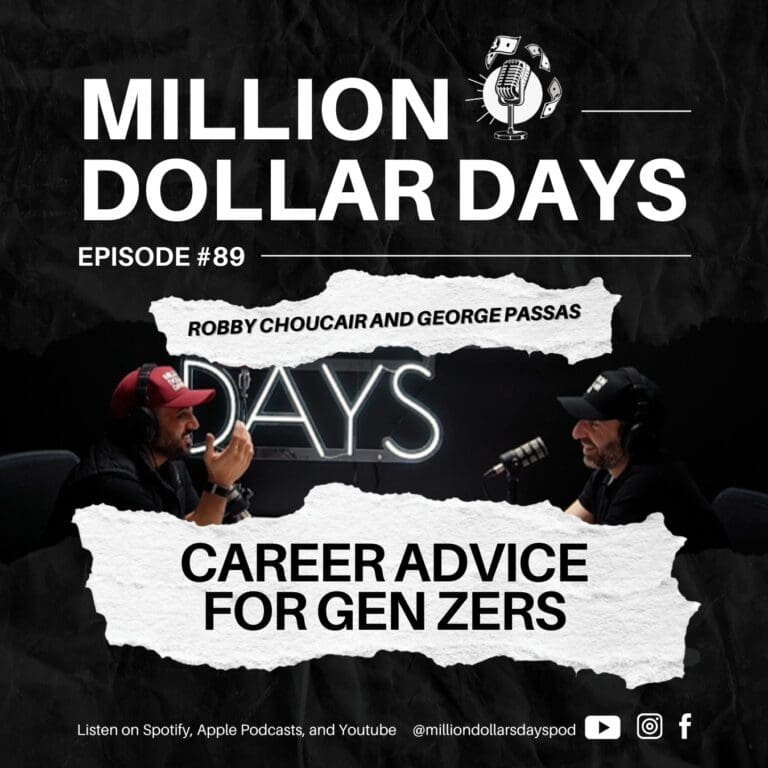In a recent conversation about career advice for 18-year-olds, we explored several key insights that challenge conventional wisdom about early adulthood. The primary revelation? The decisions you make between 18-23 aren’t nearly as life-defining as many believe. In fact, you can “completely ruin” these years experimenting, failing, and exploring—and still come out perfectly fine on the other side.
This perspective stands in stark contrast to the pressure many young adults feel to immediately lock in their future career paths. The traditional advice to “follow your passion” was immediately dismissed as unrealistic and potentially harmful. Instead, we discussed the importance of developing tangible, marketable skills—with sales being perhaps the most valuable. Mastering the art of selling (whether products, services, or yourself) provides a foundation that ensures you’ll “never go hungry” regardless of economic shifts.
Another critical insight was the value of working for free in the right circumstances. While it might seem counterintuitive, apprenticing yourself to someone successful in your desired field creates opportunities for accelerated learning that formal education rarely provides. This approach creates shortcuts through experiential learning that can’t be compressed or acquired any other way. A fundamental truth emerged: the money you make between 18-24 likely won’t significantly impact your lifetime earnings, so optimizing for learning and experience during this period is actually the smarter long-term strategy.
We also highlighted how AI and technological change are rapidly transforming professional landscapes. Traditional careers like accounting and even aspects of law are becoming increasingly vulnerable to automation. This creates both challenges and opportunities for those entering adulthood today. Rather than following paths that might not exist in a decade, young people should focus on understanding digital tools and leveraging technologies that enhance human capabilities rather than replace them.
Perhaps most importantly, we emphasized that building confidence doesn’t mean eliminating self-doubt—it means being willing to take action despite uncertainty. The ability to take calculated risks, especially when young and with fewer responsibilities, creates resilience that pays dividends throughout life. As one participant noted, “Confidence isn’t the lack of self-doubt, it’s being willing to try even though you doubt yourself.”
The conversation also touched on how background and environmental factors significantly influence career advice relevance. What works for someone from one socioeconomic background may not translate to others. This understanding reinforces that generic advice frequently misses critical context—the guidance appropriate for someone from an affluent suburb differs dramatically from what might help someone from a disadvantaged area.
Ultimately, the most valuable counsel for 18-year-olds isn’t about specific career paths but developing adaptability, resilience, and a willingness to take intelligent risks while building tangible skills. In a world changing at unprecedented speeds, these qualities matter far more than any particular educational credential or early career choice.
